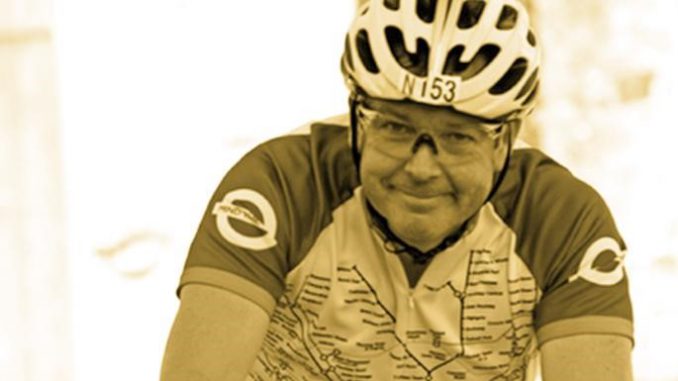
By Peter Littlejohns, Professor of Public Health, King’s College London, Deputy Director CLAHRC South London
It seems a long time ago but the House of Commons rose on Thursday the 25th July for its summer recess they returned on the 3rd September. Politically this was always considered the silly season as MPs disappeared for their summer holiday and the vacuum was usually filled with unpredictable news stories. I remember it well as back as in August 2008, NICE launched its negative guidance for renal cancer (I remember David Cameron had promised the Renal Cancer charity that he would sort it). http://news.bbc.co.uk/1/hi/health/7544927.stm With everyone else from NICE on holiday I remember having to explain the QALY to Evan Davis on the Today Programme and why there is a moral imperative for the NHS to challenge the Drug Industry on the prices they set. Cameron’s promise resulted in the creation of the Cancer Drugs Fund. The initial version soon ran out of cash and a new approach was developed which is administered by NICE and NHS England. While not as morally dubious as the first version it still has to prove that it can be sustainable in the long term. https://www.thelancet.com/journals/lanonc/article/PIIS1470-2045(16)00100-5/fulltext What still remains a challenge is ensuring that these high profile schemes do not take NHS money away from equally deserving but what I have called ‘hidden patients’ https://blogs.kcl.ac.uk/clahrc-south-london/2018/10/18/portrait-of-a-hidden-patient/. This continues to be an active ethical debate. While at NICE I always felt (probably because of my initial clinical background) that knowing the individual patient makes a difference. I remember many heated arguments with eminent professors of Health Economics and Public Health who said that it was irrelevant. Neither side was able to convince the other.
Well seven years after leaving NICE I was just about to face the dilemma again. Sunday 28th July saw me travelling to a celebratory BBQ for Professor Paul Cosford near Milton Keynes. Not a birthday or a wedding anniversary but to celebrate that modern healthcare had once again rewritten the rules – Paul was still alive two years after being diagnosed with terminal lung cancer. The Medical Director of Public Health England https://publichealthmatters.blog.gov.uk/author/paul-cosford/ having lived his message of non-smoking, moderate exercise and good diet found he could not finish his long charity cycle race and investigation revealed he had succumbed to a supposedly ‘life style cancer’. Yet despite the poor prognosis modern drugs (through the Cancer Drugs Fund) are having their effect and he is alive today and quietly resolute. Responding to Dylan Thomas’s hope about his own father that he would ’not go quietly into that good night https://www.youtube.com/watch?v=NlvAW2RIvXo
Paul is using every opportunity to highlight two issues. The first being the public health issues around the potential cause of his disease https://www.thetimes.co.uk/article/pumping-out-dirty-fumes-is-worse-than-smoking-around-children-fs958tmw3 We will be responding to his challenge when the new NIHR funded Applied Research Collaboration is established on the 1st October. There will be a Public Health and Multi-morbidity theme which will be developing new interventions aimed at community action on air pollution and healthier streets to foster active travel, both within an evaluative framework
The second is the taboo around discussing dying https://www.bmj.com/content/360/bmj.k697.full
Again the ARC will have a programme addressing Paul’s concerns within its Palliative and End of Life theme.
So, where does this leave me in the ethical debate over expensive cancer drugs. Well it reinforces the fact that processes that NICE have established over the years are essential – to balance the evidence on effectiveness and cost with a pragmatic bio-ethical approach that responds to the needs of the known and unknown patients.
This was the best party I have ever been to – witnessing Paul’s daughters, having donned Dinosaur costumes, dancing in the garden surrounded by family, neighbours, friends and professional colleagues made me realise that evidenced based medicine is necessary but not sufficient. When thinking of the bio-ethical issues I am reminded what Anton Chekhov, doctor and author said in response to being questioned on the subjects of his plays, ‘I describe the human condition – I do not seek to remedy it.’

Leave a Reply